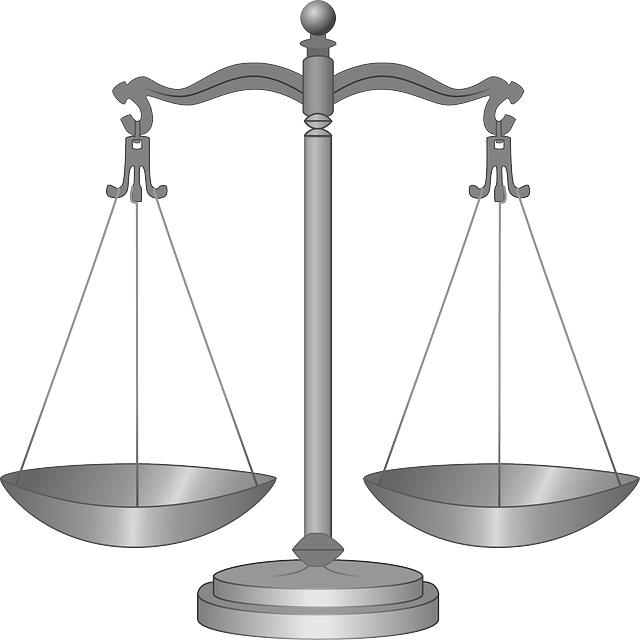 The mantra most chanted by the family law bar is that child support orders must be based on what is in the best interest of the children. Ignoring, for the moment, the subjective aspects of such a determination, how does this cannon of justice play against the background of conflicting constitutional issues?
The mantra most chanted by the family law bar is that child support orders must be based on what is in the best interest of the children. Ignoring, for the moment, the subjective aspects of such a determination, how does this cannon of justice play against the background of conflicting constitutional issues?
For example, if a Judge decides that it is in the best interest of a child to live with the parent who is a devout Christian rather than the other parent, who is a Wiccan, simply on the theory that he thinks it is that child’s interest to be raised with Christian ideals, does that decision violate the separation clause?
These types of issues are not that unusual and may arise during divorce proceedings. However, the prospect of overturning a court’s custody order based on a constitutional challenge is not likely given the cost of filing an appeal. Trial Judges know this and often operate with a sense of impunity. Far more challenges would likely arise, if the appellate process were not so expensive. You should contact a divorce attorney if you have questions.
Sometimes in the course of a divorce, parties find themselves involved in collateral matters. These are matters which are somewhat related to the divorce or the parties, or the property and debts of the marital estate. Collateral matters include petitions for protective orders, bankruptcy petitions, criminal charges, personal injury claims, and more.
These divorce matters may be filed by one of the parties or third parties and or government agencies. Some are filed by necessity and in good faith. Others are filed maliciously in the hopes of somehow causing the other party harm. Whatever their motives, they always bring a strange dynamic to the divorce proceedings and often times manage to be game changers whether they were intended to serve that purpose or not.
Because these collateral matters have proven to be so effective at changing the outcome of a divorce, many spouses now depend on collateral matters to change the balance of power.
By: Bryan L. Cook

















Leave A Comment
You must be logged in to post a comment.